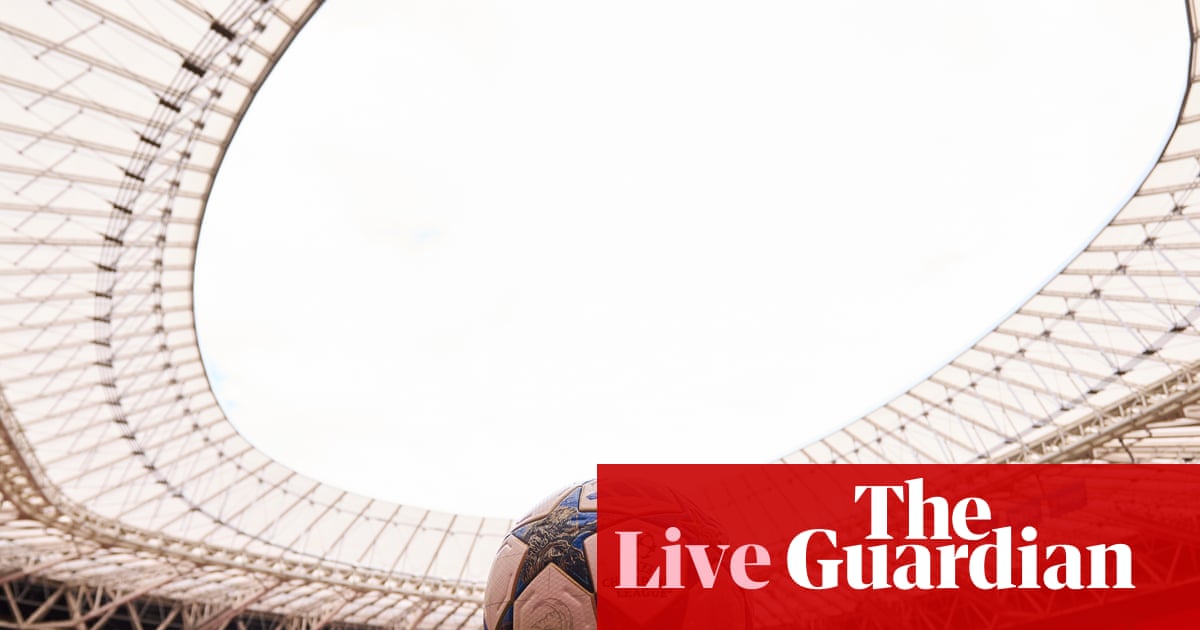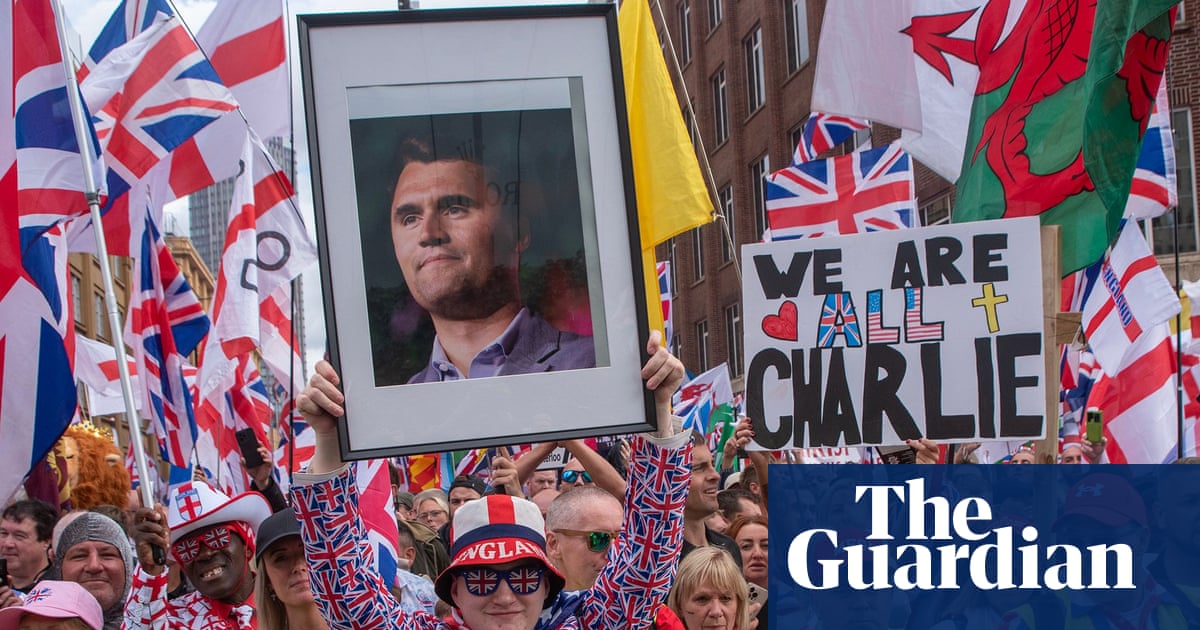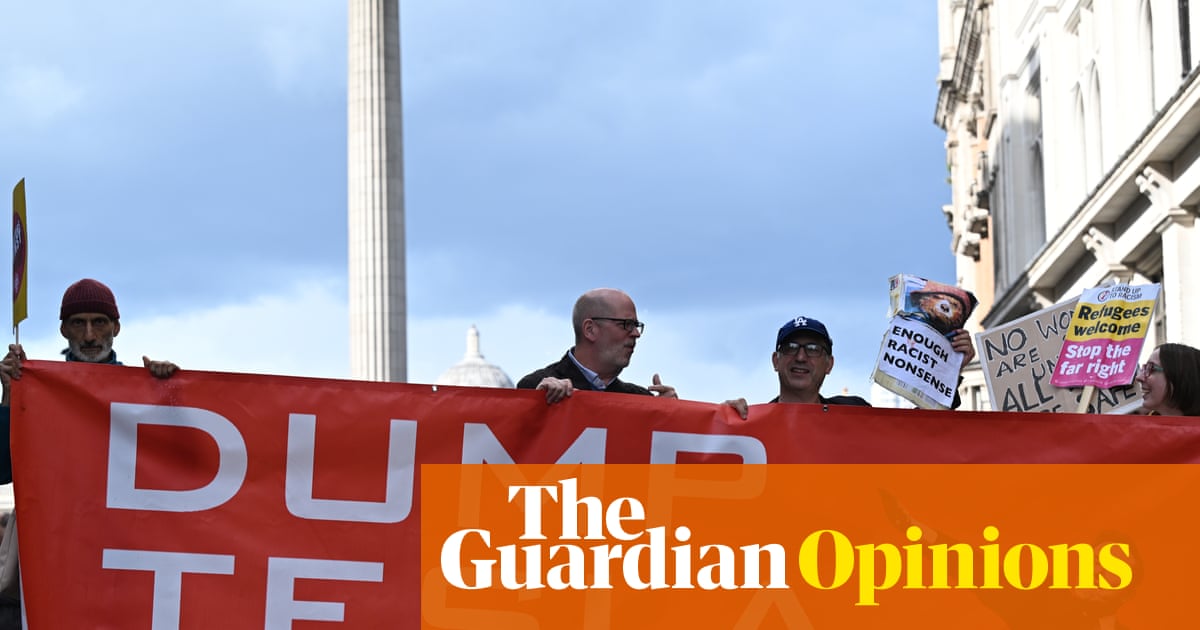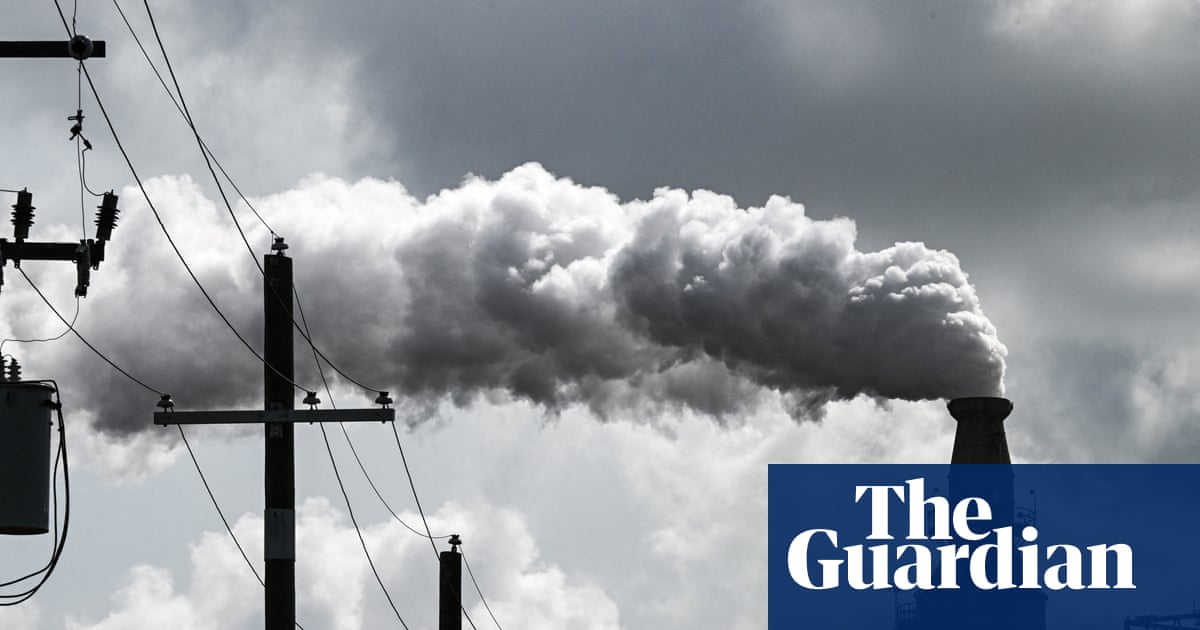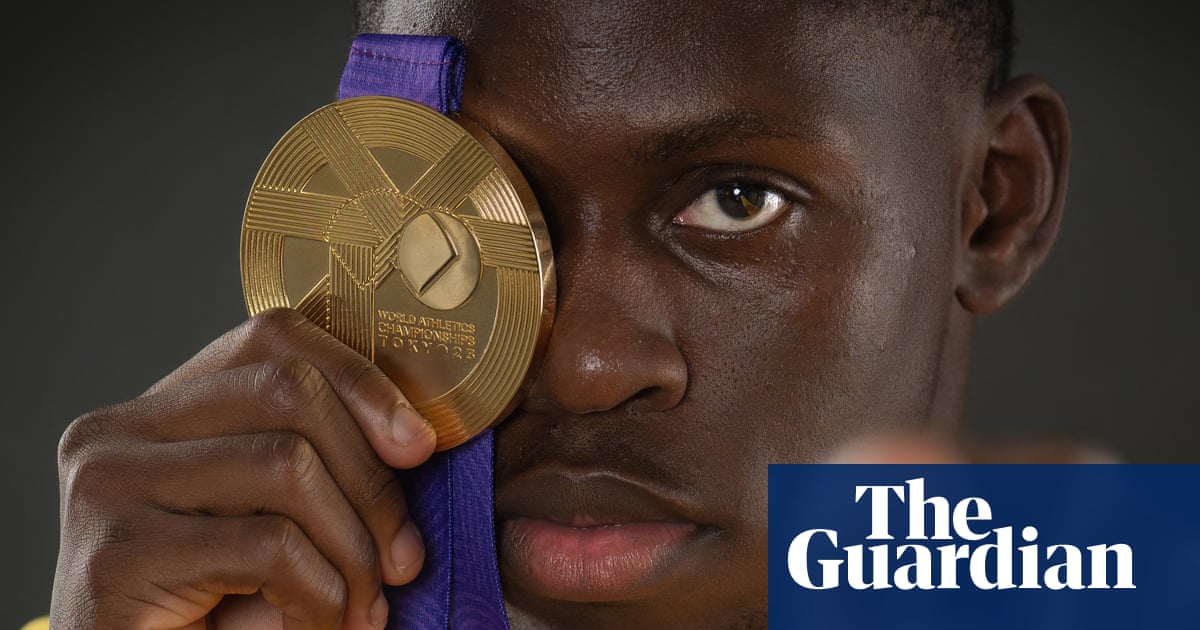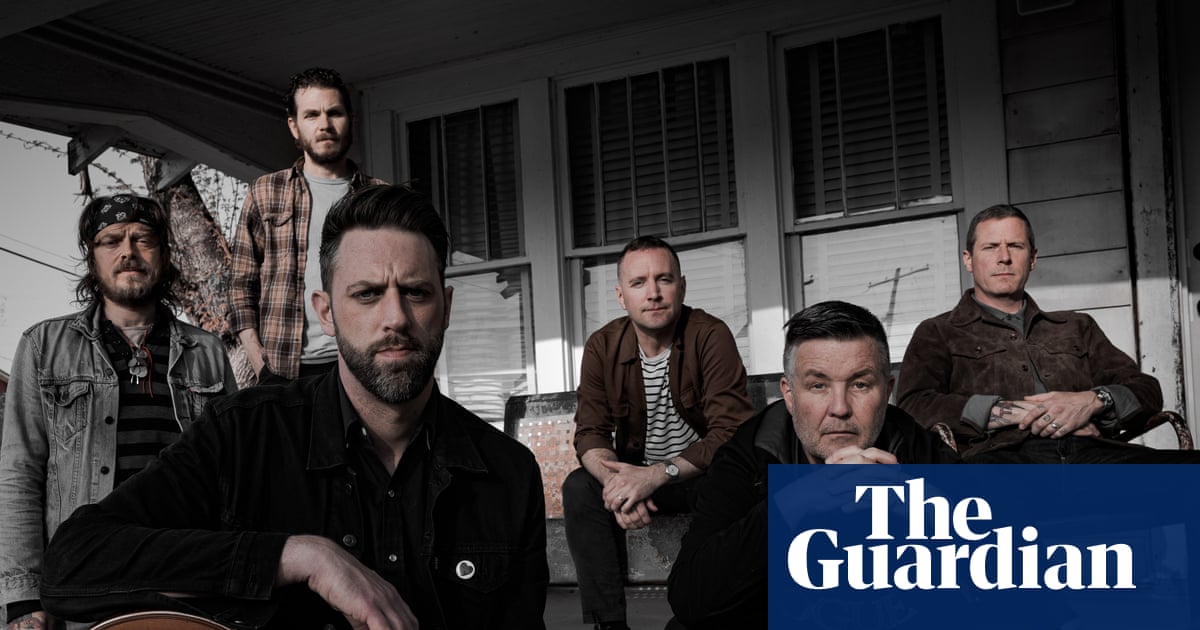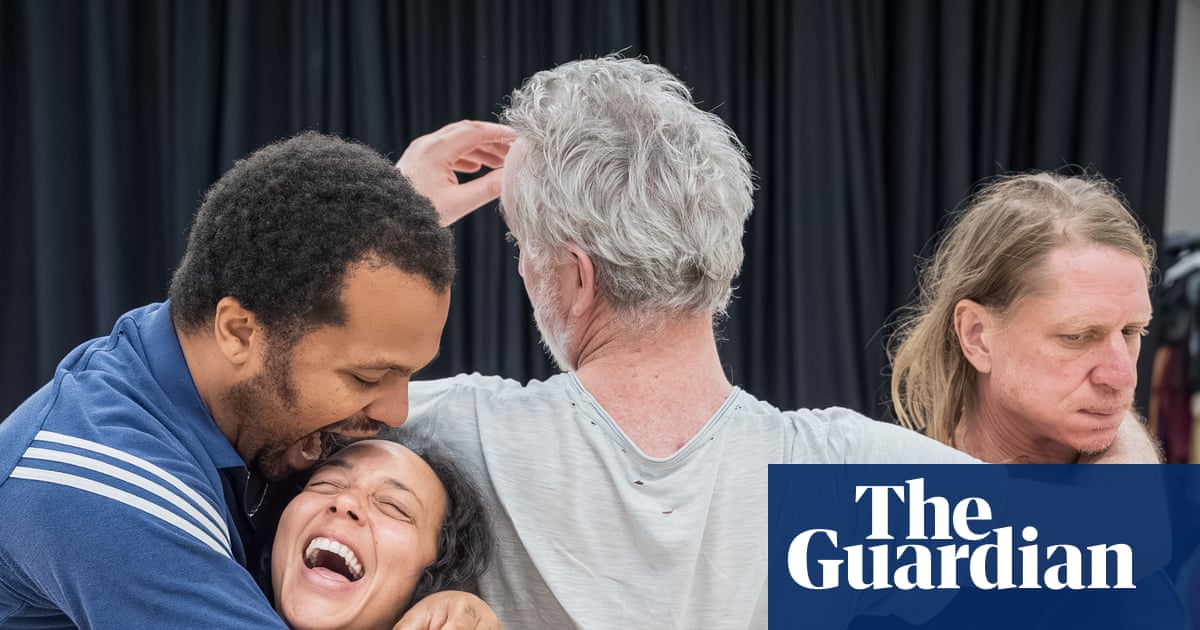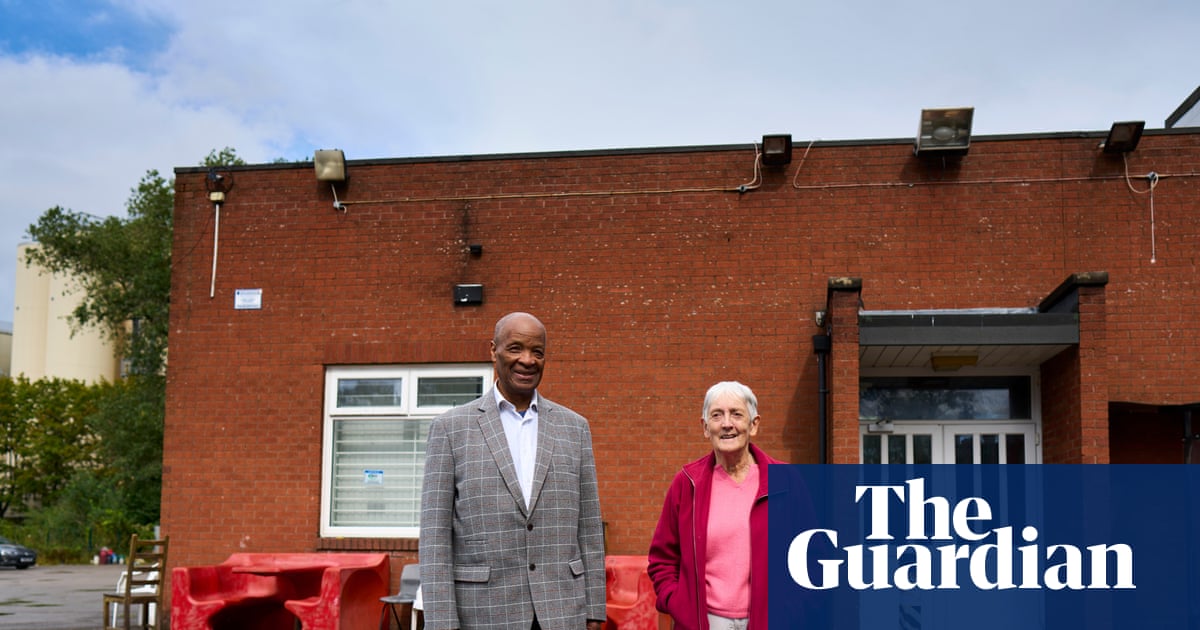At midnight on Friday Sveta’s four-year-old daughter was asleep on the floor outside their shattered apartment block, as the rest of the family weighed up where they should spend the night.
A missile from the first Iranian salvo fired at Tel Aviv had landed a couple of blocks away, killing at least one person, injuring at least 16 others and damaging hundreds of shops and homes in this quiet residential area.
The 37-year-old was sanguine about her own losses, and backed the government decision to attack Iran even though it had so quickly cost her family their home.
“I support it completely,” she said as her older daughter stroked their chihuahua. “This is nothing compared to what they will be able to do if they get their hand on the A-bomb [nuclear weapons]. We can’t afford for the Iranians to get them.
“We tell [our daughters] that as long as we go to the shelter together, everything is OK. The damage in the house is just material things.”
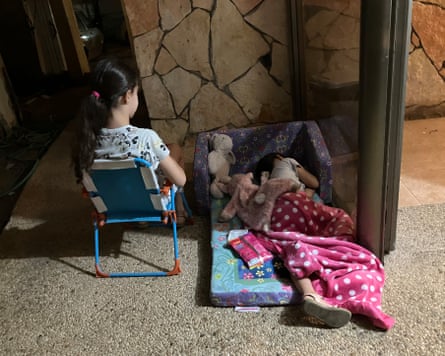
The family’s street, in a residential area of Ramat Gan town east of Tel Aviv, was busy with emergency services crunching over shattered glass and other wreckage to reach the building that took a direct hit.
It had been reduced to layers of concrete rubble and twisted steel, with an apparently undamaged cabinet hanging incongruously from the remains of the first floor.
Two hours after the explosion, rescue teams were still searching through the wreckage for survivors, as a drone buzzed overhead.
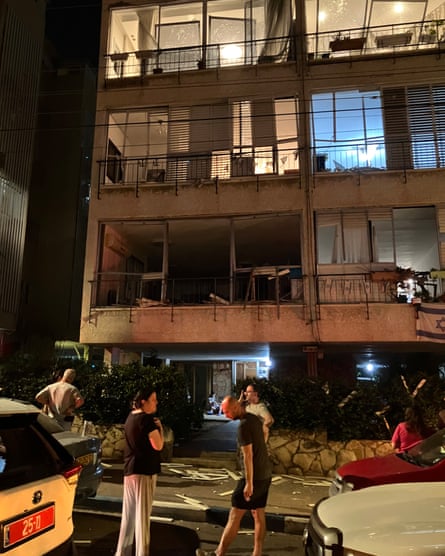
At the edge of the police cordon Bar, 31, begged to be let back into her building to pick up a few things for her children. It was still standing, beyond the crumpled remains of several cars, but emergency workers said it was too dangerous to enter.
The family escaped the bombing because they were staying with her parents. Bar recognised her home on the news as reporters arrived at the impact site, and after the all-clear came back to check on their apartment.
“They told me I can’t go in because of the damage,” she said. “I’m anxious and in shock, and the kids are very scared. We have nowhere to go, no home to go back to.”
Residents of nearby buildings walked past dragging suitcases and weighed down with backpacks. Most were leaving to stay with friends and relatives, because the city government had declared a mass casualty event and was only offering camp beds in a nearby school.
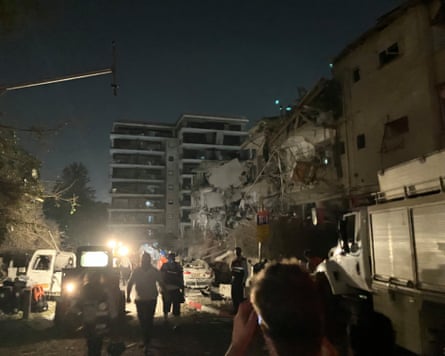
A few hundred metres down the road Orly, 27, was helping a friend sweep up shattered glass from the window of a friend’s beauty salon.
“You see what a ballistic missile does? We are hundreds of metres away here,” she said. “We were in the shelter when it hit and you felt it. I’ve been through a couple of wars now and I knew this was different.”
Two more waves of missiles followed before dawn, and both times a handful of Iran’s warheads slipped through layers of Israeli and allied air defences to hit across central Israel.

At least three people were killed across Israel and more than 40 injured, emergency services reported early on Saturday. It was the most intense and deadly few hours inside Israel since the Hamas cross-border attacks on 7 October 2023 that triggered the war in Gaza, but the toll was dwarfed by the damage that Israel inflicted on Iran.
Elia Digma, 18, lives near a high-rise residential building in central Tel Aviv that was hit in the first salvo. He felt the impact even in an underground shelter and had come to inspect the damage.
“It’s a miracle only five people were hurt here,” he said. “It was one hell of a boom, and everything shook.”
It was shocking to see the fallout of a missile hitting the heart of his city, Elia said, and he was braced for more attacks. But, like Sveta, he was confident the pre-emptive attack on Iran had been necessary.
“We are doing what we need to defend ourselves,” Elia said. “The Bible says if someone comes to kill you, you must kill them first. We are ready for anything and everything that will bring quiet.”

.png) 3 months ago
54
3 months ago
54
